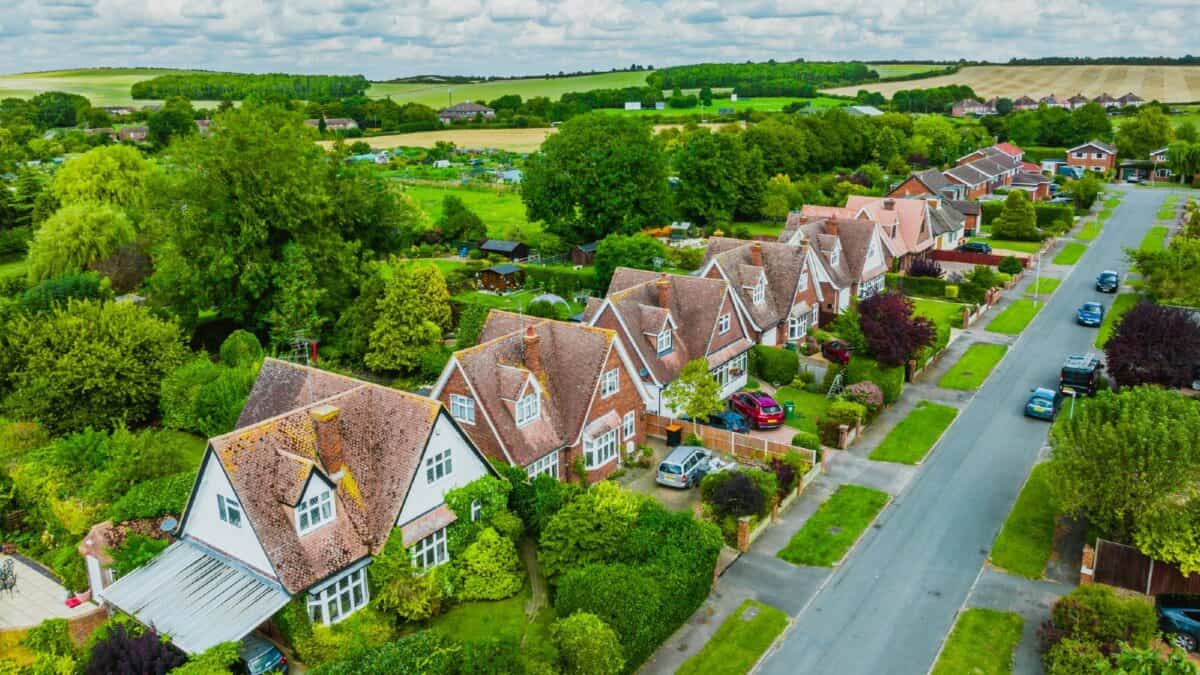Image source: Getty Images
UK housebuilders have been hit hard by both rising interest rates and the cost-of-living crisis. But the long-term outlook remains strong, so I’ve been searching for a FTSE 100 stock to buy in the sector.
Vistry had been on my radar due to its differentiated business model where it partners with housing associations, local authorities and the private rented sector. However, the share price crashed 27% last week when the firm said higher build costs in one of its divisions would mean lower profits.
Given the magnitude of this error — profits will be £115m lower between 2024 and 2026 — I don’t think it’d be wise for me to jump straight into Vistry stock.
But what about larger rival Barratt Redrow (LSE: BTRW)? Let’s take a look.
Catering to a wide range of buyers
This is the merged group of Barratt Developments and Redrow, whose shares started trading recently. Barratt was already the UK’s largest housebuilder, so this combined entity is now an industry giant.
Group CEO David Thomas said: “Together, we offer a broader range of homes and price points for our customers.”
As an investment, the company would give me comprehensive exposure to different segments, from higher-end homes to more affordable locations for first-time buyers. I find this diversification attractive.
A supportive backdrop
It’s no secret that the UK’s suffering from a chronic undersupply of new housing. This isn’t expected to ease anytime soon.
Indeed, according to Office for National Statistics (ONS) projections, the UK population’s set to increase by 6.6m between 2021 and 2036. That’s roughly the equivalent of the population of Birmingham five times over!
Going on these figures, the Centre for Policy Studies estimates 5.7m new homes will need to be built in England over 15 years. Or an average of 382,000 homes a year. That’s actually more than the current government’s target of 300,000 homes over the next five years — a number that hasn’t been hit once in more than 50 years.
Given these dynamics, Barratt Redrow looks very well positioned to grow its earnings over the long run.
Recovering market
That said, we don’t know how things will play out. Flooding the market with too many homes at once could lower house prices, which would be great for first-time buyers but might not be in the financial interests of some housebuilders.
Plus, shortages of materials and labour could hinder an ability to reach anywhere near the government target.
In FY24, Barratt’s total home completions dropped 18.6% to 14,004. Coupled with a reduction in the average selling price, this meant its adjusted profit before tax plunged 56.5% to £385m.
However, interest rates are now set to fall, while Bank of England data shows that mortgage approvals rose to the highest level in two years in August. Consequently, the firm’s earnings are tipped to recover strongly from last year’s nadir. And City analysts see the dividend yield rising from 3.5% today to around 5% by the end of 2027.
My move
Barratt Redrow stock seems promising, with the group’s strongly positioned in a market set for long-term growth. However, I’d like to see how efficiently the two firms integrate before I consider investing.
I’m going to put this FTSE 100 housebuilder on my watchlist and keep an eye on it.
Credit: Source link














